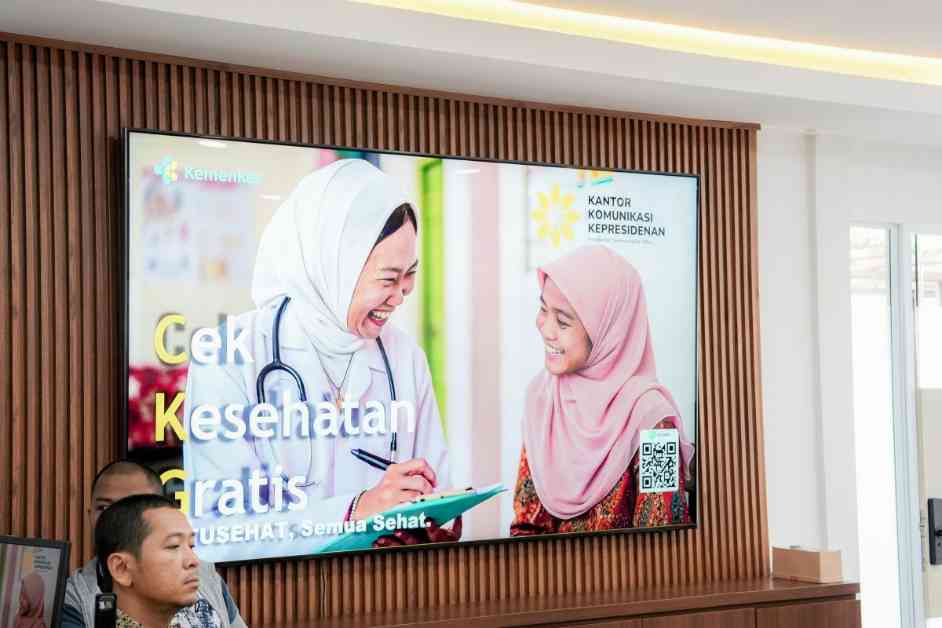The Indonesian government’s initiative to provide free health screenings is not just a program—it’s a testament to their commitment to prioritizing public healthcare. Hasan Nasbi, the Head of the Presidential Communication Office, emphasized this dedication in a recent statement, highlighting the government’s investment in preventive health measures. By offering these screenings at no cost, the goal is to lessen the financial burden of curative healthcare while enhancing the overall health service system in Indonesia. Nasbi’s vision extends beyond mere medical check-ups; it’s about positioning Indonesia on par with developed nations in delivering equitable healthcare services to its citizens.
A Comprehensive Approach to Public Health
Beginning on February 10, 2025, the Free Health Check-up Program will extend its services to individuals on their birthdays, ensuring that every Indonesian has access to crucial health screenings. This initiative adopts a lifecycle-based strategy, catering to various age groups—from infants to older adults—across health centers and facilities partnered with the state health insurer, BPJS Kesehatan. The screenings are designed not only for early disease detection but also to address a range of health concerns, including hormonal imbalances, congenital heart issues, nutritional deficiencies, and the risks of stroke and cancer.
Maria Endang Sumiwi, the director general of primary and community health at the Ministry of Health, underscores the importance of routine health checks as a preventive measure. She believes that these screenings have the power to shift mindsets, urging individuals to take a proactive approach to their well-being. By encouraging regular check-ups, the government aims to instill a culture of health consciousness among the Indonesian population, fostering a nation that prioritizes preventive care over reactive treatments.
Ministerial Collaboration for Public Welfare
Minister of Health, Budi Gunadi Sadikin, recently met with President Prabowo Subianto at the Presidential Palace to discuss the logistics and impact of the Free Health Check-up Program. This collaboration signifies a united front in promoting public welfare, with the government allocating a substantial budget of Rp4.7 trillion to support the initiative. With a target of reaching 60 million Indonesians within the year, the program’s reach and potential impact are extensive, demonstrating a collective effort to enhance the overall health and well-being of the nation.
In conclusion, the Indonesian government’s commitment to public health through the Free Health Check-up Program marks a significant milestone in the nation’s healthcare landscape. By prioritizing preventive measures, offering comprehensive screenings, and fostering a culture of health awareness, Indonesia is paving the way for a healthier, more resilient society. As the program officially launches, it stands as a beacon of hope and transformation, embodying the government’s dedication to providing accessible and equitable healthcare services to all its citizens.






















